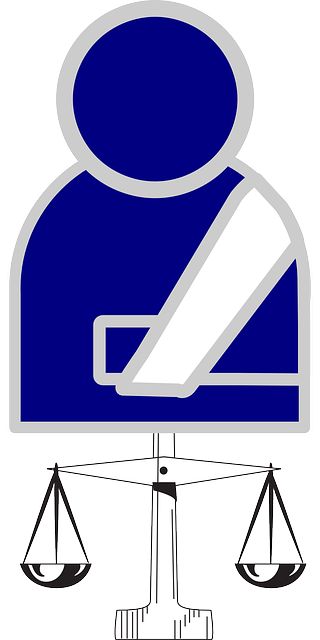Administrative Law Judges (ALJs) play a pivotal role in criminal law, hearing appeals for white-collar crimes. Defendants have the right to appeal ALJ decisions based on legal grounds and fairness, focusing on errors or procedural issues. A successful appeal process requires competent legal representation, rigorous documentation, and a strong understanding of administrative law. The outcome can significantly impact individual cases and future legal matters within philanthropic and political communities, emphasizing the importance of appealing Administrative Law Judge Decisions.
In the intricate web of criminal law enforcement, understanding the roles and powers of Administrative Law Judges (ALJs) is paramount. This article delves into the intricacies of ALJ decision-making, with a specific focus on appealing these rulings. We explore the legal framework governing appeals, outlining crucial steps and considerations for those seeking to challenge administrative judgments. By mastering these processes, individuals can navigate the system effectively, ensuring fairness within the criminal justice framework, especially when appealing ALJ decisions.
- Understanding Administrative Law Judge Roles
- Grounds for Appealing Decisions: Legal Framework
- The Appeals Process: Steps and Considerations
Understanding Administrative Law Judge Roles

Administrative Law Judges (ALJs) play a pivotal role in the realm of criminal law enforcement, particularly when it comes to hearing appeals related to white collar and economic crimes. These judges are tasked with ensuring fairness and consistency in decisions made by administrative agencies, which often deal with complex cases involving regulatory violations. Their job is to provide an unbiased review of these decisions, a process crucial for maintaining public trust in the legal system.
An ALJ’s unique position allows them to offer a fresh perspective on general criminal defense strategies and their application within specific agency rules. When handling appeals, they carefully examine evidence, arguments, and procedural aspects, ultimately deciding whether the original decision was supported by substantial evidence or if it exhibited a clear deviation from established legal principles. This process is vital as it ensures that agencies adhere to the law, even in cases with an unprecedented track record.
Grounds for Appealing Decisions: Legal Framework

In criminal law enforcement, understanding the grounds for appealing decisions is paramount. When a defendant disagrees with an administrative law judge’s ruling, they have the right to appeal based on various legal premises. This process allows for a thorough review of evidence and procedural aspects, ensuring fairness in the justice system. The framework for such appeals involves meticulous documentation of errors or omissions, including issues related to constitutional rights, evidentiary rules, and statutory interpretations.
An unprecedented track record of successful appeals highlights the importance of robust legal representation. For his clients, this means navigating complex procedures and presenting compelling arguments to achieve a complete dismissal of all charges. The appeal process demands meticulous attention to detail, strategic planning, and a deep understanding of administrative law, making it crucial for those seeking justice to engage experienced legal counsel.
The Appeals Process: Steps and Considerations

The appeals process in criminal law enforcement is a critical step for individuals seeking to challenge administrative law judge decisions. It involves a series of procedures designed to ensure fairness and accuracy, especially in high-stakes cases where the future of an individual’s freedom hangs in the balance. The first consideration is the grounds for appeal; these can range from procedural errors during the initial trial to allegations of bias or misinterpretation of evidence.
After identifying valid reasons for appeal, individuals must adhere to strict deadlines set by legal statutes. Filing a notice of appeal with the appropriate court is the next step, followed by preparing and submitting formal arguments outlining the errors or injustices committed. This process requires a deep understanding of both criminal law and administrative procedures, often necessitating the assistance of a skilled general criminal defense attorney. The outcome of these appeals can significantly impact not just the individual case but also serve as a guiding light for similar cases within the philanthropic and political communities.
Navigating the process of appealing Administrative Law Judge decisions is a crucial step in ensuring justice and upholding legal rights. By understanding the grounds for appeal, following the defined steps, and recognizing the importance of each consideration, individuals can effectively challenge decisions they believe are unfair or erroneous. This knowledge empowers folks to actively participate in their legal proceedings, fostering a more robust and transparent justice system.






